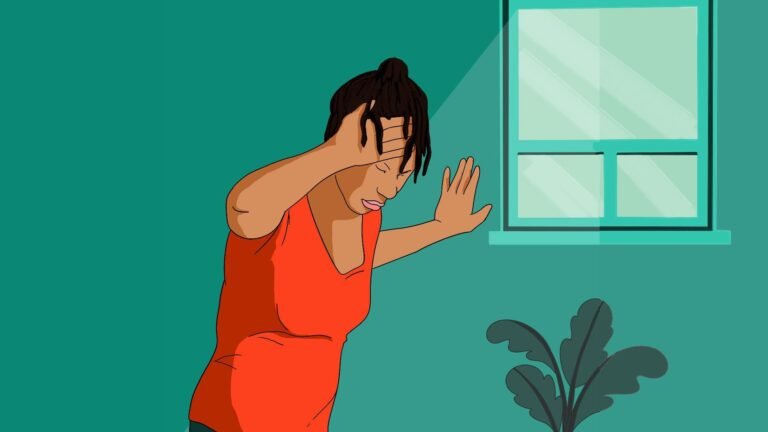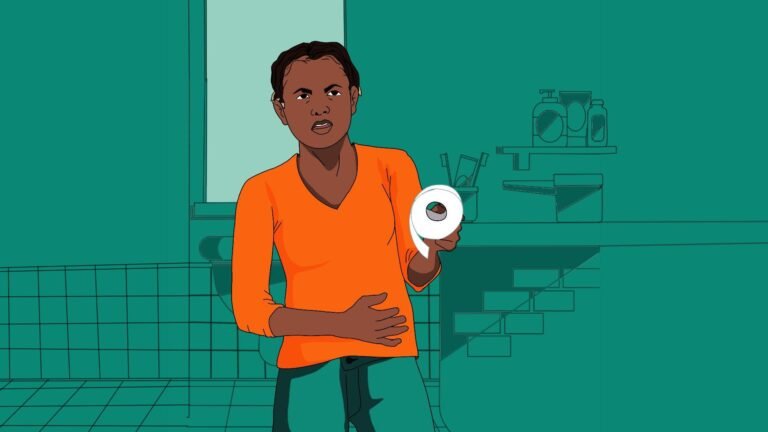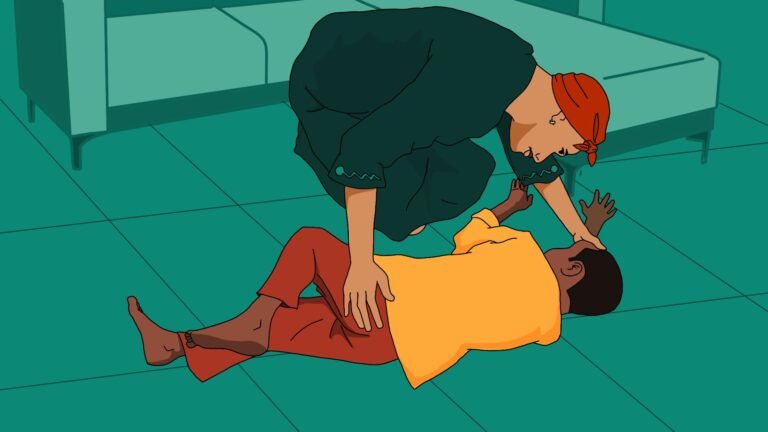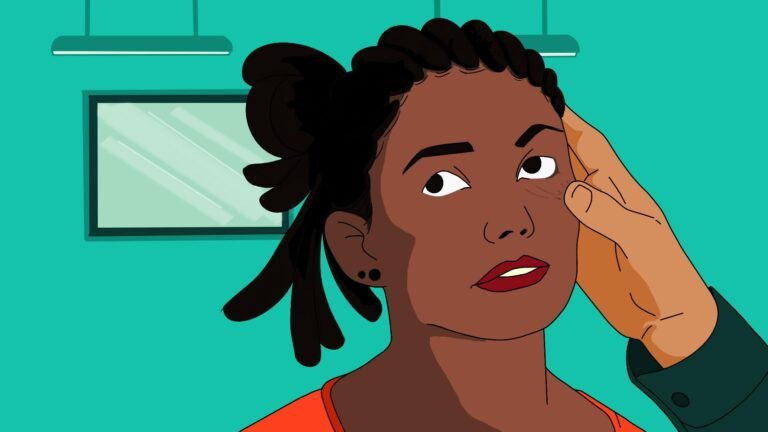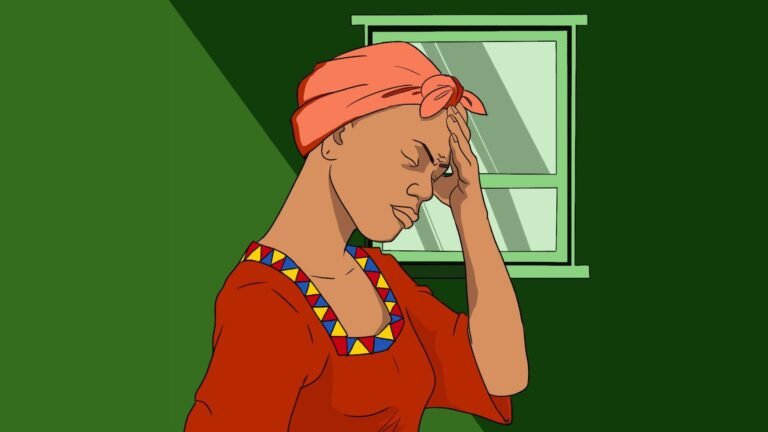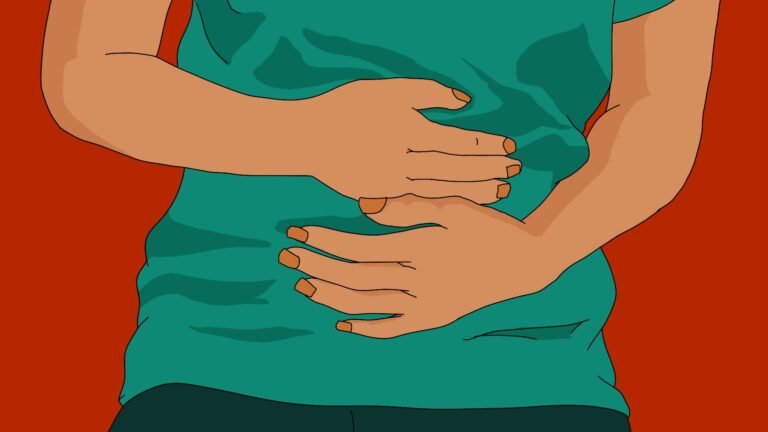
Anaemia
What is anaemia?
Red blood cells are disc-shaped blood cells that carry oxygen to the organs and tissues of your body. Anemia happens when the number of healthy red blood cells in your body is too low. Every part of your body needs a sufficient supply of oxygen to function effectively. Many of the symptoms of anemia, such as fatigue and shortness of breath, are caused by decreased oxygen delivery to your body’s vital organs and tissues.
What are some misconceptions of anaemia?
- If you are vegan or vegetarian, you will suffer from iron deficiency anaemia. Yes, iron deficiency anaemia is more common in the vegetarian population than the non-vegetarian, and even the rich sources of plant iron may be hindered by poor absorption. However, the issues with absorption can be partly solved with adding citrus to the diet and iron supplements are a great way to prevent and treat anaemia.
- You can’t exercise or play sport if you have anaemia. You can do so leisurely, however consult a doctor before playing competitive or professional sports.
- Anaemia is mostly a sign of a poor diet
- While malnutrition among children is the most common cause of anaemia, types of anaemia such as sickle cell and thalassemia are not liked to diet and iron intake.
What causes anaemia?
Red blood cells are produced in your bone marrow live to 100 to 120 days without being destroyed by the body. Causes of anemia are divided into those that decrease red blood cell production and those that increase red blood cell destruction.
Factors that decrease red blood cell production include:
- Eating foods that lack important blood forming nutrients like iron, vitamin B12, or folate
- Kidney disease
- Some types of cancer, such as leukemia, lymphoma, and multiple sclerosis
- certain kinds of infections, such as HIV and tuberculosis
- certain types of medications, particularly chemotherapy and radiation therapy for cancer
Factors that increase red blood cell destruction or loss include:
- Blood loss, which can happen due to: accidents or injuries, surgery, heavy menstrual bleeding, childbirth
- Gastrointestinal lesions, such as ulcers or cancer
- Frequent blood donation
- Haemolysis, which is when red blood cells break down too soon due to things like certain infections medication side effects, infections like malaria and some inherited causes of increased red blood cell destruction like sickle cell disease.
What are the symptoms of anemia?
- Tiredness
- Weakness
- Dizziness
- Shortness of breath
- Cold hands and feet
- Fainting
- Yellowing of the eyes (jaundice)
- Numbness and tingling in your hands or feet
- Muscle weakness
What are the types of anaemia?
- Vitamin deficiency anaemia
- Iron deficiency anaemia
- Anemia of inflammation or chronic disease
- Aplastic anaemia
How is anemia diagnosed?
The detection of anemia begins with both your health history and your family health history, along with a physical exam.
- A family history of certain types of anaemia such as sickle cell disease can be helpful. A history of exposure to toxic agents in the home or workplace might point to an environmental cause.
- Complete blood count (FBC). The FBC blood test measures your hemoglobin levels and can show the number and size of red blood cells. It can also indicate if levels of other blood cells like white blood cells and platelets are normal. An in depth understanding of this result will be able to help your physician determine what type of anaemia you have.
What is the treatment for anaemia?
Treating anaemia depends on what’s causing it.
For example, if your anemia is caused by an underlying health condition, your doctor will work with you to treat that specific condition.
- Anaemia caused by inadequate intake of dietary iron, vitamin B12, or folate may be treated with nutritional supplements. In some cases, injections of B12 may be needed if it isn’t absorbed properly from the digestive tract.
- Eating foods rich in Iron – Chicken and beef liver, dark turkey meat, red meats, such as beef, seafood (fish, crab, octopus) cereals oats, beans and spinach, Vitamin B12 – Fish, meat, poultry, eggs and milk.
- In severe anaemia, doctors may use drugs called erythropoiesis-stimulating agents to increase red blood cell production in the bone marrow.
- If severe bleeding occurs or hemoglobin levels are very low, a blood transfusion may be necessary. During a blood transfusion, you’ll receive blood donated by an individual who has a matching blood type.

